
In today’s fast-paced world, millions of people struggle with sleep issues, whether it’s falling asleep, staying asleep, or getting restful sleep. Poor sleep can lead to fatigue, irritability, and even long-term health problems. While many turn to sleeping pills, these often come with unwanted side effects.
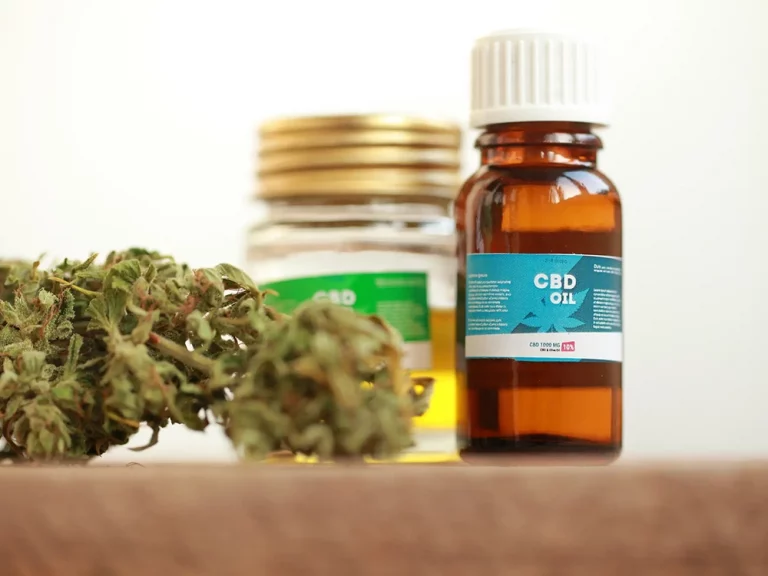
Anxiety is one of the most common mental health challenges today, affecting millions of people worldwide. Whether it’s generalized anxiety, social anxiety, or stress-related tension, finding a safe and effective way to manage it is crucial.

Athletes are always looking for ways to improve performance, enhance recovery, and stay in top physical shape. Whether you’re a professional athlete or someone who enjoys regular workouts, you know that recovery is just as important as training.
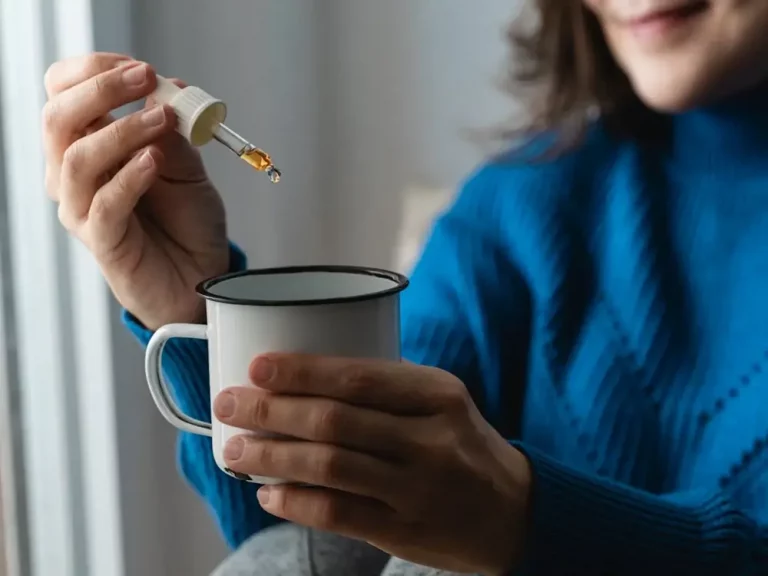
In today’s fast-paced world, maintaining mental clarity and focus can be challenging. Whether you're managing a busy work schedule, studying for exams, or juggling multiple projects, staying sharp throughout the day is essential.
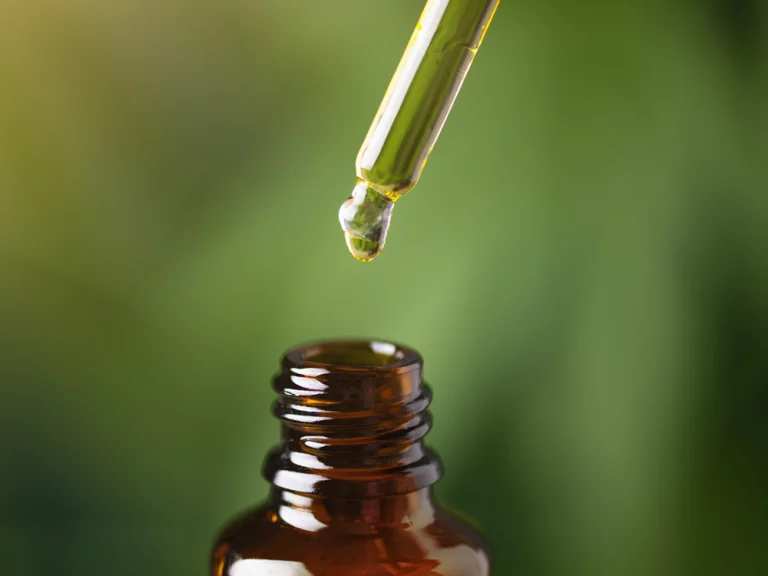
With CBD’s growing popularity, many people are using it to improve their well-being, but one question often comes up: When is the best time to take CBD? Whether you’re seeking stress relief, better sleep, or a natural boost of energy, the timing of your CBD consumption can make a difference in how effective it is for your specific needs.
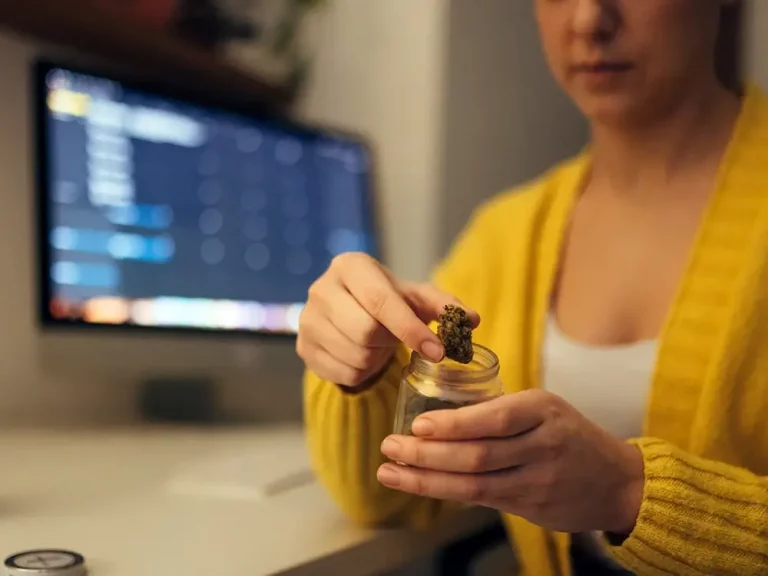
CBD has gained popularity for its potential benefits in managing stress, pain, sleep disorders, and inflammation. But as more people incorporate it into their daily routines, a common question arises: Can you take too much CBD?
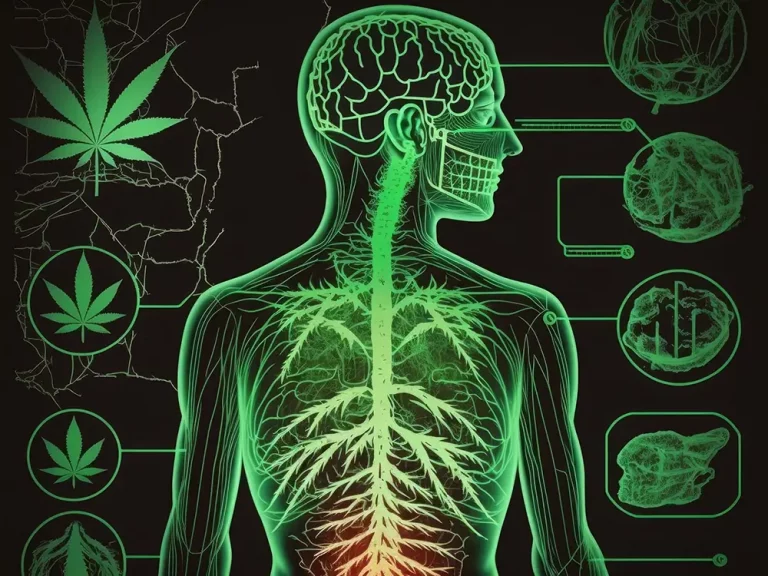
CBD, or cannabidiol, is one of the most talked-about natural wellness supplements today. Found in the hemp plant, CBD is known for its potential health benefits, including stress relief, pain management, and improved sleep.
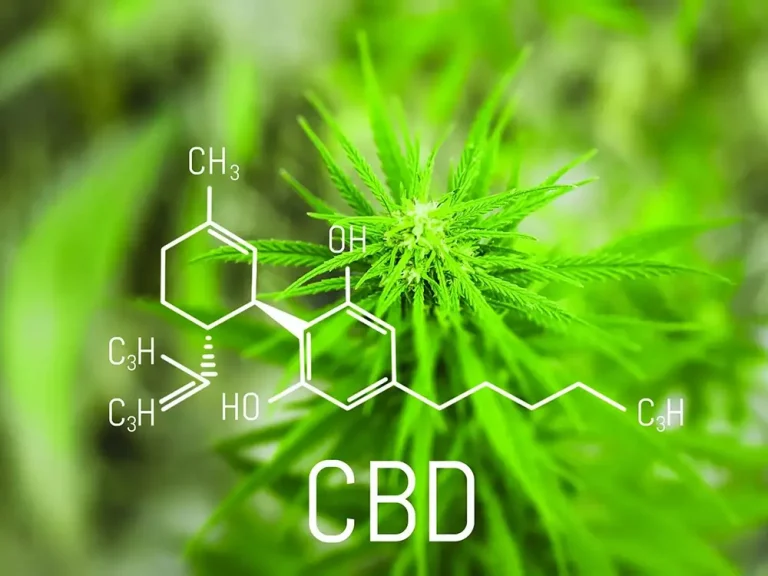
CBD, short for cannabidiol, is a naturally occurring compound found in the hemp plant. Over the past decade, it has gained widespread attention for its potential health benefits, from relieving stress and anxiety to managing pain and inflammation.

CBD has become a popular natural remedy for stress, pain, and sleep issues, but one common question people ask is: How long does CBD stay in your system? Whether you're concerned about drug tests, dosage timing, or just curious about how your body processes CBD, this guide will break it down for you.
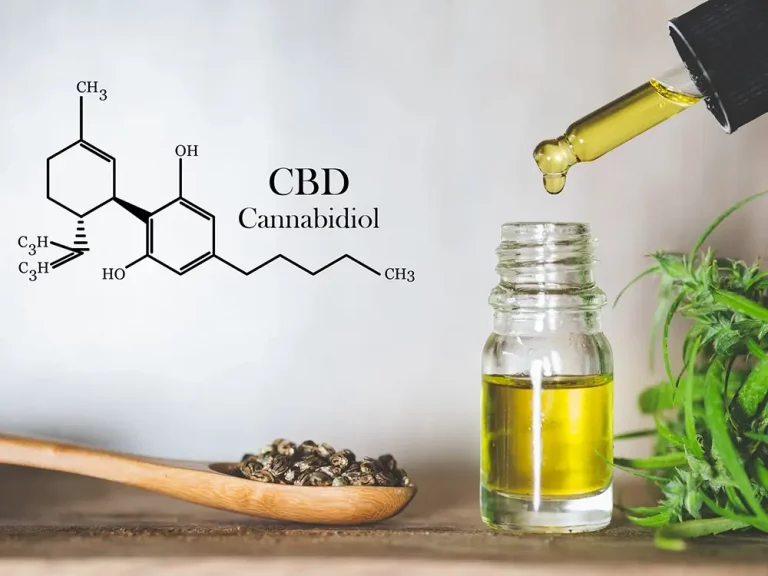
CBD, or cannabidiol, is a natural compound found in the hemp plant, part of the cannabis family. Unlike its more famous cousin THC (tetrahydrocannabinol), CBD does not cause a "high" or any psychoactive effects.










